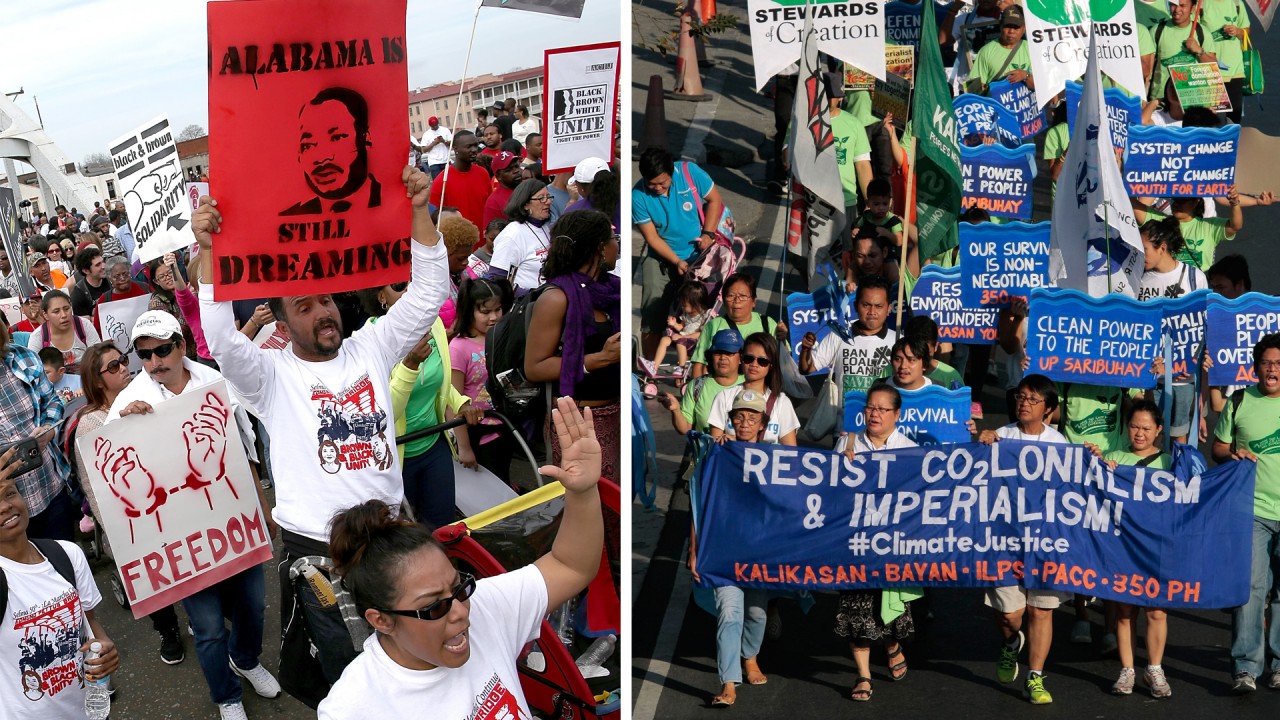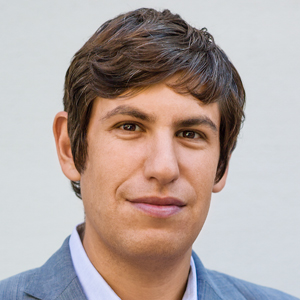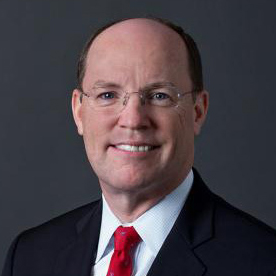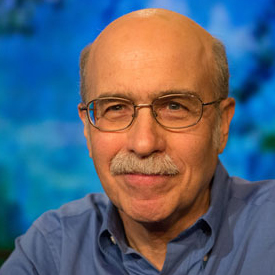
Left: Marchers carry signs as they walk across the Edmund Pettus Bridge during the 50th anniversary commemoration of the Selma to Montgomery civil rights march on March 8, 2015 in Selma, Alabama (Justin Sullivan/Getty Images). Right: A climate protest in Manila, Philippines, following the conclusion of this year's climate conference in Paris (350.org/Flickr cc 2.0).
Around this time every year, BillMoyers.com asks reporters, editors and bloggers which key story they feel the mainstream media failed to cover adequately over the last 12 months. This post is the second installment of a two-part series. The first installment can be found here.
The first presidential election in 50 years without the full protection of the Voting Rights Act

Ari Berman
August 6, 2015, marked the fiftieth anniversary of the Voting Rights Act, the country’s most important civil rights law. It was also the date of the first Republican presidential debate. Yet the subject of voting rights never came up — and hasn’t been mentioned in seven subsequent presidential debates, despite the fact that the 2016 presidential election will be the first in 50 years where voters cannot rely on the full protections of the VRA. With tough new voting restrictions in place in crucial swing states like North Carolina and Wisconsin, too much of the media continues to ignore whether every eligible voter who wants to cast a ballot in 2016 will actually be able to do so.
—Ari Berman, senior contributing writer, The Nation
Native Americans are being killed by police

Rinku Sen
The most underreported story of 2015 was that of Native Americans killed by the police. Colorlines covered the examples of Rexdale Henry (died in police custody in Philadelphia, Mississippi); Sarah Lee Circle Bear (died in custody in Aberdeen, South Dakota); and Paul Castaway (shot dead by Denver police). The Center on Juvenile and Criminal Justice found that Native Americans suffer the highest rates of death in three of the top five age groups killed by cops. While the American Indian press and independent media cover these developments, the mainstream press largely ignores indigenous people, relegating Native communities to the position of “invisible other” in their own land.
—Rinku Sen, publisher, Colorlines
The impacts of the markets on Main Street

Dennis Kelleher
Will they or won’t they, and by how much? And goodness, what will the markets (meaning the traders on Wall Street) “think”? This has been the focus of the media coverage of the Federal Reserve Board’s year-long consideration of raising interest rates. Much of this coverage had little context, often even failing to mention that interest rates have been historically low in an attempt to alleviate some of the ongoing economic damage caused by the 2008 financial crash that ultimately cost America more than $20 trillion.
Although there has been substantial economic improvement over the last seven years, tens of millions of Americans are still struggling with the consequences of the too-often unmentioned crash. As the Fed begins to unwind its unprecedented policy in 2016, the media should stop focusing exclusively on market reactions and provide context for financial policy decisions by reporting on the real-world impact of the markets on Main Street families, jobs, homes and so much more.
—Dennis Kelleher, president and CEO of Better Markets
BitCoin could spell the end for big banks

Simon Johnson
There has been considerable reporting again this year on Bitcoin, the cryptocurrency that was established during the financial crisis to challenge existing forms of money (like the US dollar). But there has been almost no coverage of the bigger issue that is beginning to become clear – the underlying technology, the blockchain, has already begun to transform finance in fundamental ways.
The promise of blockchain is that it allows much more decentralized holding and trading of any digital asset. Gone are the days when you needed a trusted financial intermediary. Banks are on their way to join the buggy whip – as a quaint museum piece.
Or are they? The people who run banks are smart and they have many ideas about how to adapt in the face of technological change – and perhaps become even more important.
The real struggle for the future of finance has begun.
—Simon Johnson, MIT economist and blogger at BaselineScenario.com
Car companies dodge criminal penalties

Danielle Ivory
Earlier this year when the Justice Department settled with General Motors for less than $1 billion for a more than decade-long failure to report a deadly defect, many were shocked to learn that employees at the automaker likely would not face criminal penalties. This stemmed from a high legal burden in the auto industry — one that stands in contrast to many other industries. The car industry has spent nearly five decades blocking efforts to strengthen criminal provisions in the law. And, just weeks ago, as Congress passed the transportation bill, the industry was successful once again in beating back efforts to increase accountability through criminal penalties.
—Danielle Ivory, business reporter, The New York Times
Corporate trade deals could deregulate America
It’s bad enough that the Trans-Pacific Partnership (TPP) and the Transatlantic Trade and Investment Partnership (TTIP), two pro-corporate “free trade” deals, were negotiated in total secrecy. But on top of that, the corporate media has failed our democracy again — with virtually no televised news coverage of the story and very little in print. The American people remain largely unaware that these deals are huge gifts to big corporations and major blows to our democracy: Foreign corporations would have extraordinary new powers to challenge our local and national policies, from regulating Wall Street, to food safety, to climate change protections. The corporate media won’t tell you that there is a way to stop these deals, but an informed and active citizenry can still rise up and say: No!
—Craig Brown, editor, Common Dreams
The fight for climate justice can’t be suppressed forever

Ben Adler
Over years of covering climate change, especially the recent UN climate negotiations in Paris (COP 21), I have realized that the single biggest challenge the world faces is not just containing climate change, but the struggle for climate justice. When the US media talks about climate change, the focus is on how much we can limit global greenhouse gas emissions and the warming they cause, and on how we can adapt to the warming that is already inevitable. But almost all of those historical emissions came from the world’s richest countries — roughly one-quarter each from the US and the European Union alone. We still emit roughly ten times as much carbon per capita as India and our GDP per capita is roughly 40 times as high. Developing countries — many of which are among the most vulnerable to the effects of climate change such as rising sea levels, extreme heat waves, drought and severe storms — are outraged that rich countries are offering only modest, gradual reductions in carbon emissions, while, in exchange, we ask them to limit their emissions far below our own current and historical emissions.
The just and practical solution is for the rich to buy off the poor with massive subsidies for clean energy, adaptation to climate change and compensation for climate-related loss and damage. These demands from developing countries and civil society, and the West’s unwillingness to meet them, were the source of the central conflict at the Paris negotiations. The end result was an agreement that did even less for climate justice than it did to limit emissions. In the last four years, the word “Kardashian” has appeared in the Wall Street Journal 450 times, while the phrase “climate justice” has appeared only 16. But eventually, the business elite of the US will have to pay attention to this problem: Those displaced by climate disasters in the developing world will seek a better life — whether through immigration, lawsuits against fossil fuel companies, or other means. The US ignores climate justice now, but when it turns into the sort of thing the media covers — a war over resources, a refugee crisis — they will tune in. By then, however, it will be too late.
—Ben Adler, politics and policy reporter, Grist
The enormous power of US Special Operations forces

Tom Engelhardt
For my choice of most underreported story of the year, I think I might go with the growth of America’s Special Operations forces. Of course, they’ve gotten plenty of news coverage this year (as in previous years), but what’s not been covered, not even truly taken up (or in), is how strange their development and expansion into a force of 70,000 “elite” troops really has been. As Nick Turse has reported at TomDispatch, they carried out operations — from raids to training missions — in 147 countries this year, which should stun us all.
What we’re talking about here is the exponential, still unending growth of an enormous, shadowy secret military cocooned inside the regular US military. Political scientist and author Chalmers Johnson used to speak of the CIA as being “the president’s private army.” Whose private army would these Special Operations forces be? They are, after all, larger than the entire militaries of many other countries. What does it mean for a secret military to now be leading the way in America’s spreading wars and conflicts in the Greater Middle East and Africa? What kind of a country are we when, like so many other aspects of governmental life, the actions of a major part of our military largely disappear into the shadows?
Let me know if you figure that out. One thing’s for sure, though: You don’t need to waste your time looking for thoughtful coverage of such matters in the mainstream media. That’s not in sight either. It, too, went undercover, which might be considered appropriate for such an undercovered story.
—Tom Engelhardt, editor, TomDispatch




